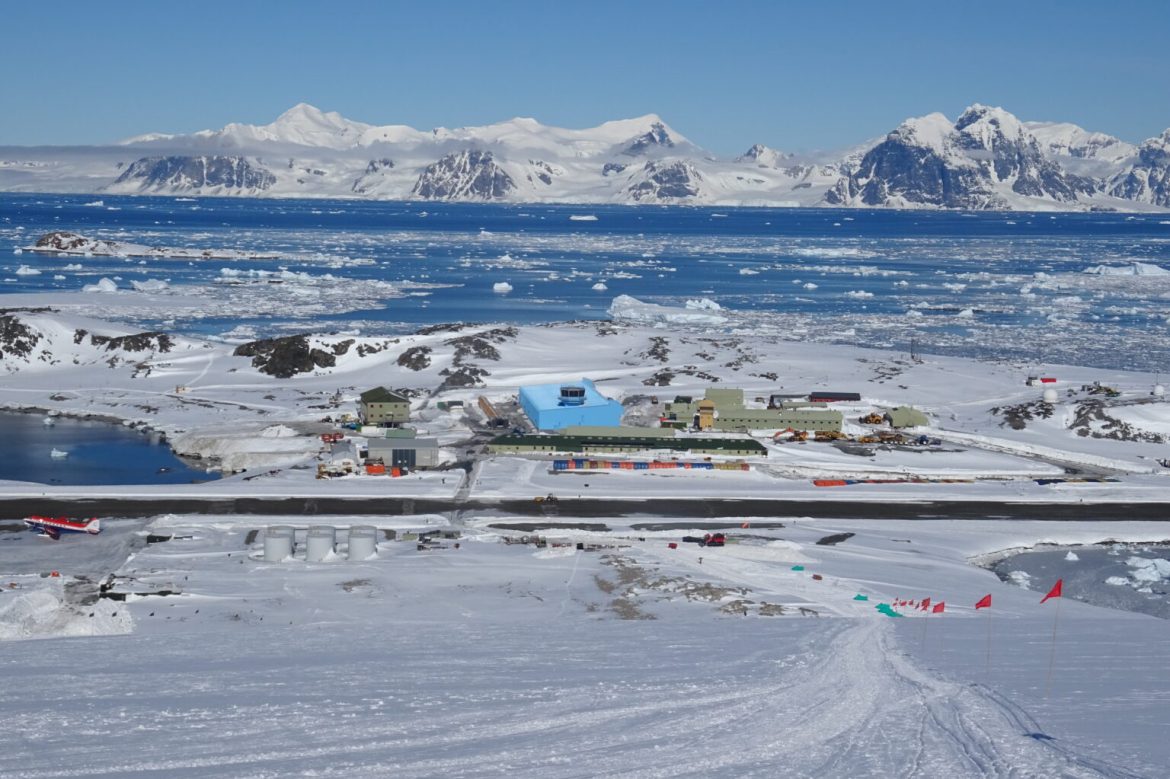
Is a New Language Emerging in the Antarctic Cold?
Could the bitterly cold Antarctic winters be giving rise to a distinctive accent among the brave inhabitants of research stations? A new study of these researchers, living in isolation from the rest of the world, offers a new perspective on the evolution of language, shedding light on how such isolation and diverse origins can affect the emergence of new accents.
The Rothera Research Station on Adelaide Island in the South Pole is home to 26 researchers and support staff from different countries. For six months, they live in a land of ice and snow, with limited contact with the rest of the world. While working, resting, and socializing, they converse extensively among themselves, often out of necessity due to the lack of other communication options. In these conversations, different speech patterns are emerging, whether the individuals themselves realize it or not.
Researchers at Ludwig-Maximilians University in Munich noticed subtle pronunciation changes in recordings taken from Antarctica’s winter residents at various times over six months. The pronunciation of consecutive sounds in some words (for example, the sound “ou” in words such as “flow” and “sew”) was gradually changing.
According to Professor Jonathan Harrington, one of the experts leading the study, the explanation for this is that in long-term interaction, speech patterns are constantly being exchanged, and individuals adopt each other’s accents. The fact that team members came from different countries and backgrounds, such as the United States, Germany, Scotland, Ireland, and Iceland, likely also played a role. Such diversity creates a unique environment where accents merge and diverge.
The Antarctic experiment echoes historical examples of isolated communities developing different accents and even dialects over time. A similar phenomenon can be seen in modern cities around the world, where large multicultural communities coexist. The new dialects emerging in London, Berlin, and Stockholm present striking examples.
In fact, computational models were used on the audio recordings taken before the researchers even set off, to predict how the accents of this group might influence each other. The actual changes observed at the end of six months were remarkably similar to the expected results in these models, although the models were slightly more exaggerated. When the voice recordings taken at the end of six months were analyzed, the changes could be easily distinguished in the acoustic waves.
In addition to accent drifts, this isolated community also “invented” some terms among themselves. For example, they have coined vernacular phrases such as “dingle day” for a nice day and “fod plod” for going out to pick up rubbish.
Antarctica’s winter guests are, of course, far from experiencing an accent differentiation on the scale of historical colonization. For accents to change, develop, and become established in a significant way, multiple generations must follow each other in the same isolated environment. Children play an important role in the development and establishment of accents as they memorize and imitate the speech of each other and their elders. While it is probably unlikely for now that the researchers will want to give birth and raise children in Antarctica, this study is interesting for presenting the potential variations that language can undergo in such isolated environments. More importantly, it is solid evidence of how isolation and diversity can impact language evolution, even in such a short period of time.
REFERENCES
- 1. https://www.bbc.com/future/article/20240223-scientists-in-antarctica-developed-their-own-accent-after-six-months-of-isolation
